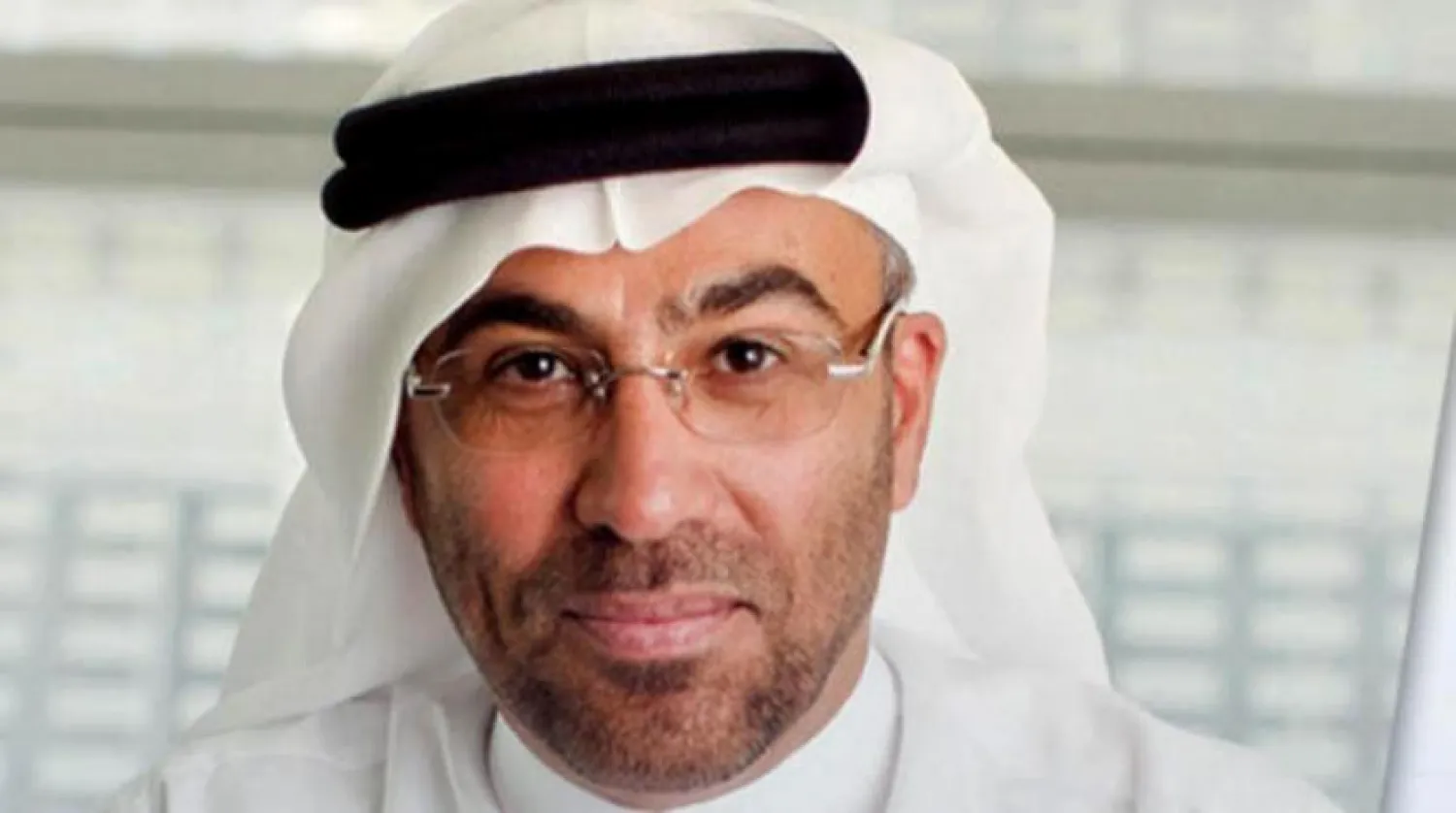Minister of State and UAE Sherpa Ahmed Ali Al Sayegh stressed the need for multilateral cooperation in efforts to curb the spread of the new coronavirus.
"The need to strengthen multilateral cooperation in efforts to curb the spread of COVID-19 has become increasingly evident as states confront unprecedented challenges to the wellbeing of their peoples and communities," he said.
Sayegh's statement came during his participation in the Extraordinary Virtual Group of 20 (G-20) Sherpa Meeting convened on Thursday to discuss a global coordinated response to COVID-19.
"The G-20 platform provides an opportunity for all concerned states to join forces in mitigating the global impact of the coronavirus outbreak and implement strategic, coordinated action in pursuit of long-term economic recovery," he added.
Sayegh also highlighted UAE’s readiness to continue its political, economic, logistical, and humanitarian contributions to the global response.
He said the UAE is committed to ensure a smooth trade flow across borders to fight obstacles preventing delivery of aid and medical supplies.
The virtual meeting followed the second G-20 Sherpa Meeting held in Khobar, Saudi Arabia on March 12, wherein country representatives discussed the ongoing G-20 process and developments around COVID-19, health, trade and investment, and energy and climate change.









